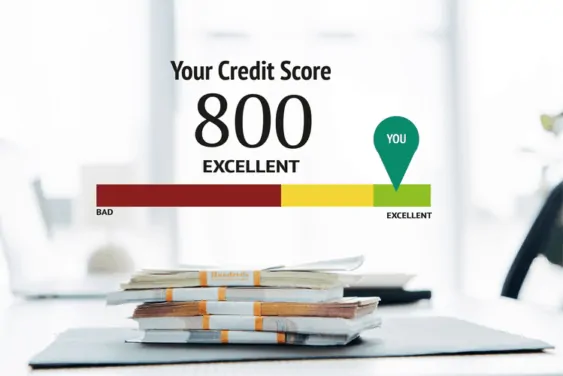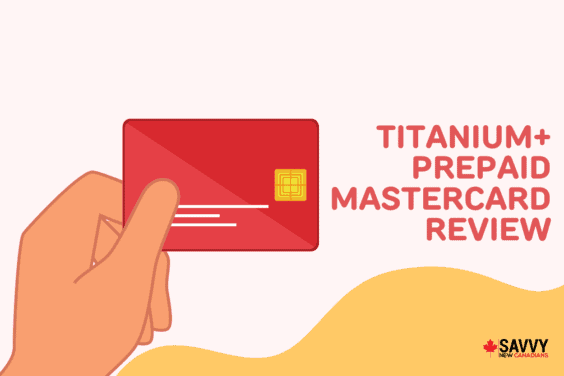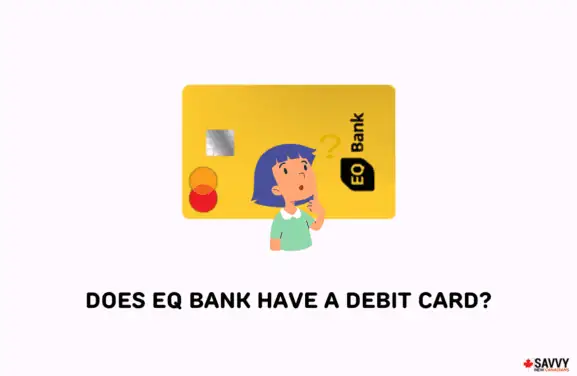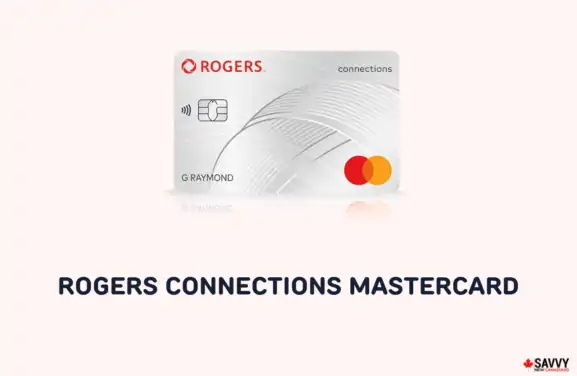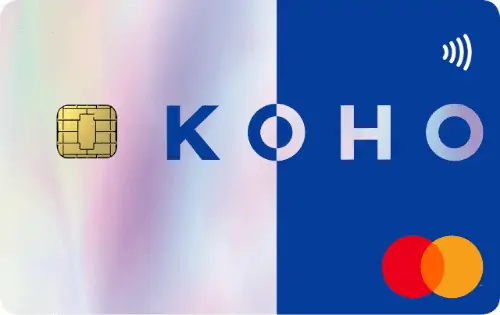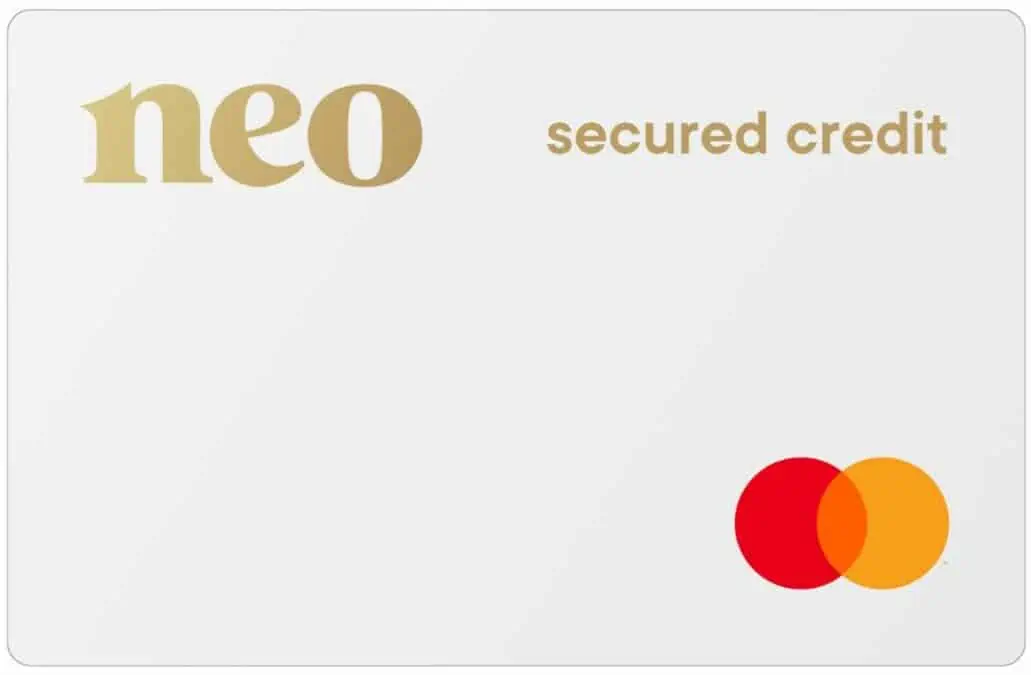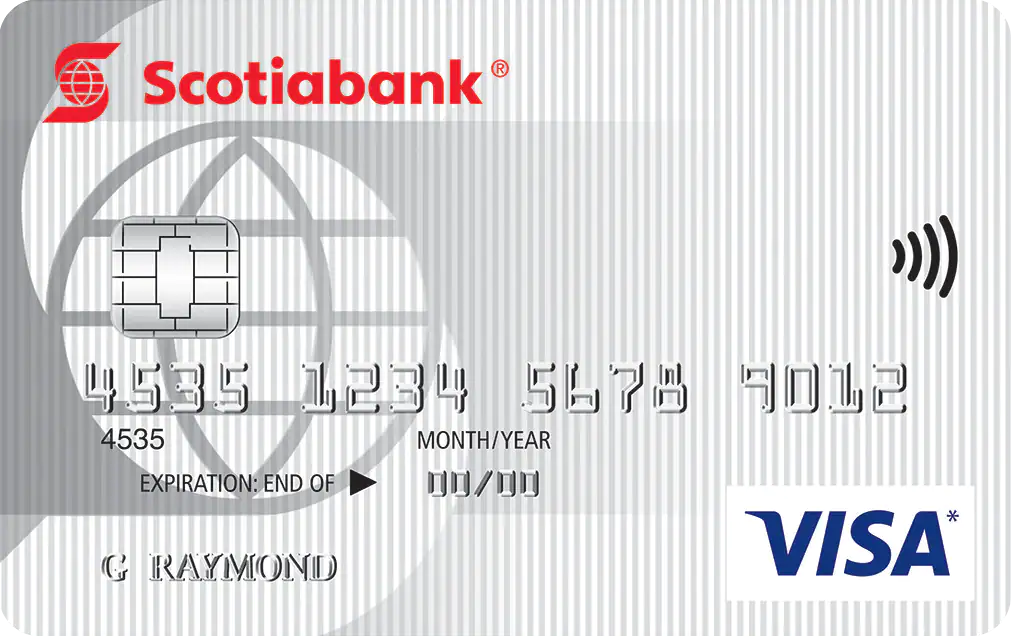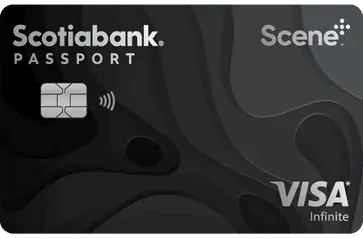Most people who use a credit card will be familiar with the term ‘grace period.’ But what exactly does it mean?
How do grace periods work, and how long do they last?
This guide will look at grace periods to help you understand what they involve.
Key Takeaways
- The credit card grace period is the amount of time you do not pay interest on your credit card purchases.
- It is 21 days in Canada for federally regulated institutions.
- If you don’t pay off your balance in full, you lose the benefit of the grace period.
What is a Credit Card Grace Period?
A credit card grace period refers to the time you are not charged interest on your balance.
When you use other forms of credit, like personal loans, you pay interest on the total you borrow. But credit cards are slightly different.
When you spend on a credit card, you don’t immediately pay interest on the amount you borrow.
You are given a grace period, and if you pay back the money you spent within that grace period, you don’t pay interest.
However, you only get a grace period if you pay your balance in full on time.
Also, you don’t typically get a grace period on cash advances or balance transfers. In these cases, you start paying interest from the first day.
How Long is a Typical Grace Period?
The grace period in Canada is a minimum of 21 days for financial institutions that are federally regulated. Some credit cards may have longer grace periods, but they must always provide at least 21 days.
The grace period begins on the last day of your billing period. As long as you pay your balance in full on time, you won’t pay interest on the money you have spent.
If you don’t pay off your entire balance, you will be charged interest from the purchase date, losing the advantage that the grace period provides.
Credit Card Grace Period Example
If you are confused by credit card grace periods, look at this example.
In this example, you purchase $1,000 on your credit card on November 1st, and the billing cycle ends on November 15th.
The payment date is December 5th, and this is the day the grace period ends.
If you pay off your balance on or before this day, you won’t pay any interest on the $1,000 you spent on the card.
But if you only pay off $800 of your balance, you will remain with a balance of $200.
In this case, you are charged interest on the whole balance of $1,000 from the purchase date until the payment date.
After this, you will accrue interest on the remaining $200 until you pay it off.
How to Determine Your Credit Card’s Grace Period
You can find out from your bank if you don’t know how long your grace period is.
Different credit cards may have different grace periods. For example, a TD credit card grace period may differ from an HSBC credit card grace period.
You should be able to find the information on the website. If you cannot find the information, you can ask your bank.
Is There a 45-Day Grace Period on Credit Cards?
It’s very rare to find a 45-day grace period on credit cards. While some credit cards have grace periods longer than 21 days, they are not usually longer than 30 days.
Conclusion
Grace periods are one of the major benefits of using credit cards. If you plan your purchases and payments properly, you may be able to avoid paying interest.
Just remember that if you don’t pay off your balance in full, you lose the benefit of the grace period, and high-interest rates start to kick in.
FAQs
No, all credit cards provided by federally regulated institutions in Canada must provide a minimum grace period of 21 days.
If you are late in paying your credit card, even by one day, it could still have consequences, including late fees.
It’s unlikely because the credit bureaus are typically only informed of payments that are 30 days late or more. But you could still face late payment fees.
If you pay your credit card one day late, you may end up having to pay a late payment fee.
